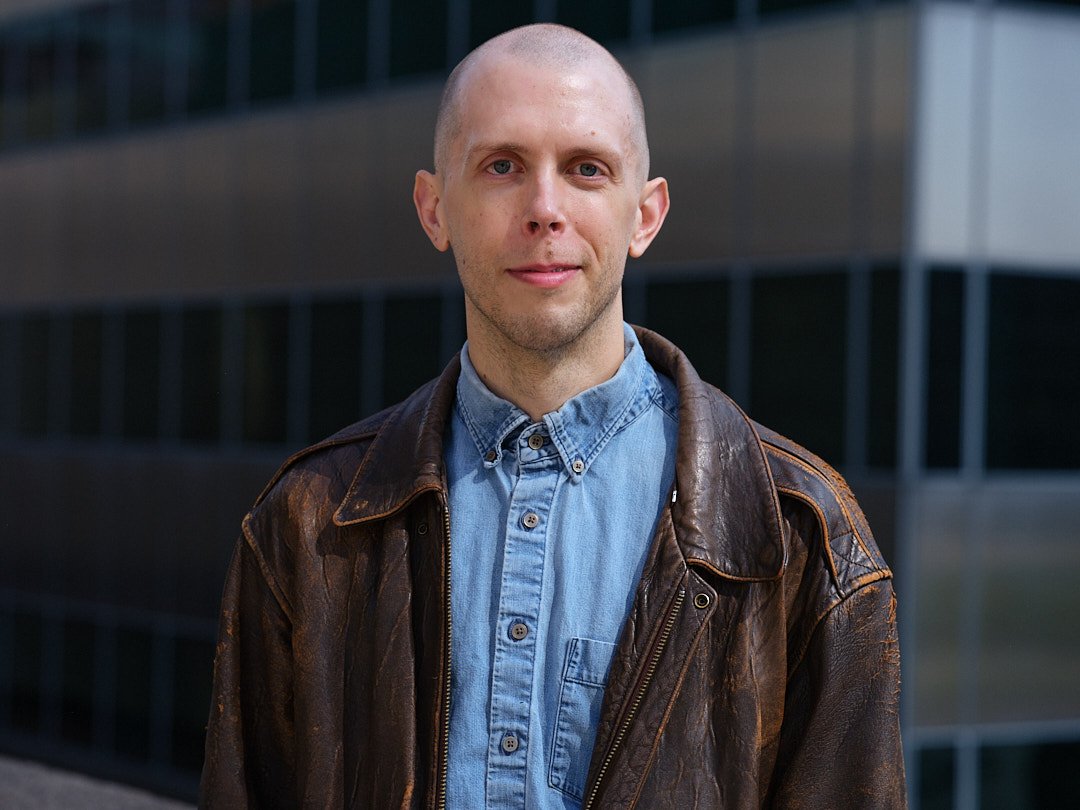photo by Govind Rae
About
David K. Seitz is a critical geographer of liberal multiculturalism with recurring interests in gentrification, immigration, queer community formation, popular culture, and socialist strategy.
He is the author of two books, A Different Trek: Radical Geographies of Deep Space Nine and A House of Prayer for All People: Contesting Citizenship in a Queer Church. Seitz is associate professor of cultural geography in the Department of Humanities, Social Sciences, and the Arts at Harvey Mudd College in Claremont, California. He is affiliated faculty in the Cultural Studies Department at Claremont Graduate University, and core faculty in the American Studies Program at the Claremont Colleges. In 2023, he joined the editorial collective of ACME: An International Journal for Critical Geographies. He lives in Los Angeles.
From the body to the border, from the neighborhood to the nation-state, contemporary liberal-democratic capitalist societies are riven with conflicts over how space should be shared. These conflicts are often highly charged in terms of race, class, gender, and sexuality. In both policy and culture, elites use emotionally powerful stories to help defuse and manage such conflicts. These stories go by many names – tolerance, diversity, multiculturalism, to name a few – but what they share is a promise of curbing conflict through inclusion.
From my perspective as a Leftist and anti-racist scholar, criticisms of these stories are legion. They don’t explain the root causes of inequality. They place a disproportionate burden on historically subordinated groups. At worst, these stories even put “diverse” faces on institutions that continue to act as forces of domination and exploitation. But as a social and cultural geographer, what brings me to these stories goes beyond simply exposing their contradictions. Geography is a contextualizing discipline, and what interests me are the context-specific things people do with shared, contradictory stories about inclusion. In order to make sense of how these stories are activated, I find myself returning to five interconnected sites of conflict: (1) LGBTQ communities, (2) refugee resettlement, (3) urban gentrification, (4) the Star Trek popular science fiction franchise, and (5) the historical geographies of my own hometown, Milwaukee, Wisconsin. If my objects of analysis appear wide-ranging or eclectic, the common thread across them is a sustained interest in the contradictions of inclusion.
My Research
photo by Jon Tan

